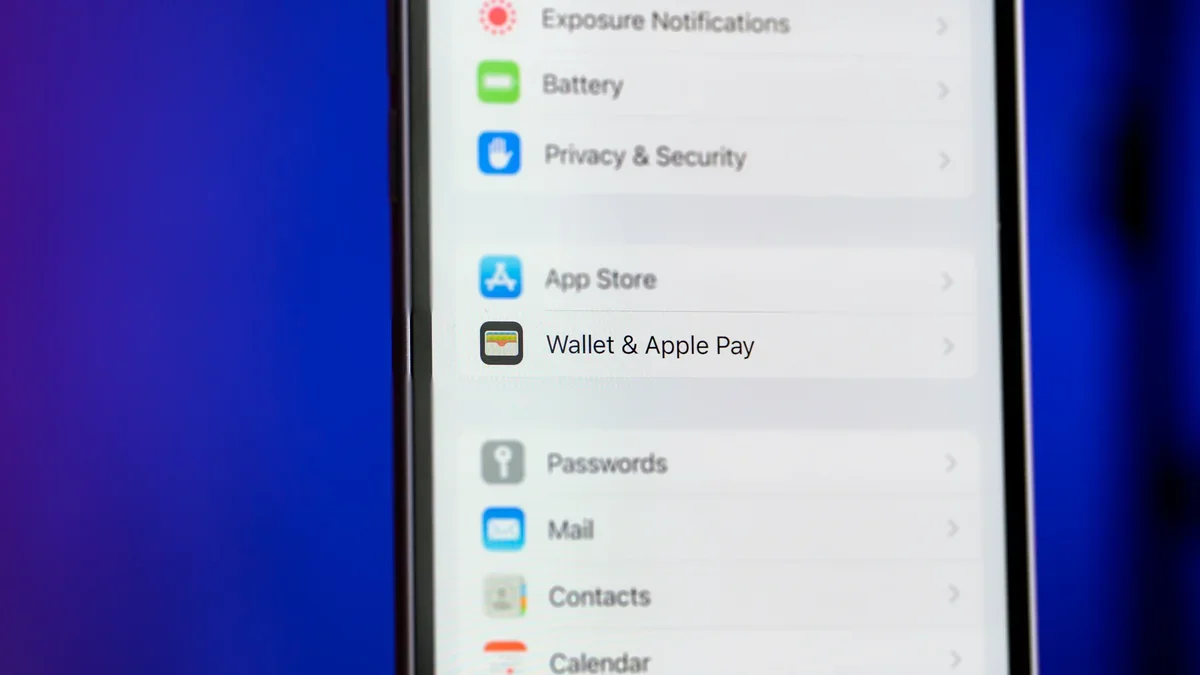Apple just knocked one problem off its plate

Apple, Visa and Mastercard just walked away from a big legal headache – at least for now. A federal judge dismissed a merchant-led antitrust lawsuit accusing the trio of secretly working together to keep payment fees high and kill off competition.
The case was tossed not because it was proven wrong, but because the judge said the merchants simply didn’t bring enough solid proof to back it up.
According to the merchants, Apple had both the tech and the customer base to build something that could disrupt the Visa/Mastercard duopoly. But instead of doing that, they said Apple took the cash and played nice – leaving merchants stuck with the same high fees and zero alternatives.
The judge didn’t exactly say the idea was impossible – just that the evidence wasn’t there. Most of the claims were called “circumstantial,” and there was nothing to show Apple had any real plans in motion to become a payment network. The court also said the plaintiffs failed to prove that Apple, Visa and Mastercard formed an illegal agreement.
That said, the case was dismissed without prejudice, which means the merchants have the option to amend and refile if they can dig up stronger evidence. So as I mentioned above, it’s not a total win for Apple and the card giants – just a pause in the fight.
This case taps into a much bigger debate about the role Apple plays in the payments world. Apple Pay might not be a payment network like Visa or Mastercard, but it is still a powerful gatekeeper. It sits on top of the system, taking a cut while controlling how other wallets and apps get access to NFC and secure elements.

Apple, through Apple Pay and Wallet, actually holds a pretty significant spot in how money moves these days. | Image credit – PhoneArena
Merchants have been pushing back on Apple’s payment system for a while now, saying it gives them fewer options, higher fees and almost no flexibility to negotiate better terms. And even if this lawsuit ends up going nowhere, the pressure on Apple isn’t letting up – especially from regulators in Europe.
In fact, some of that pressure is already working. Apple made a pretty big change to how Apple Pay and NFC payments work. To comply with the EU’s Digital Markets Act, the company unlocked access to its NFC tech, allowing developers – whether they are in Europe, the US or the UK – to build their own tap-to-pay apps. It is a rare move for Apple and one that shows just how serious the regulatory heat has gotten.
Source link







